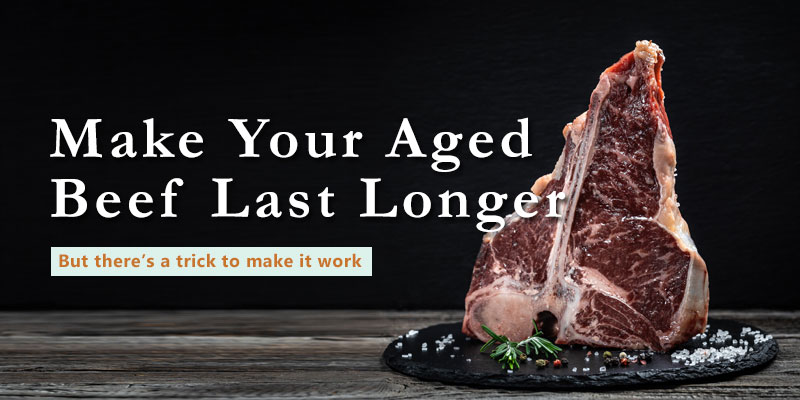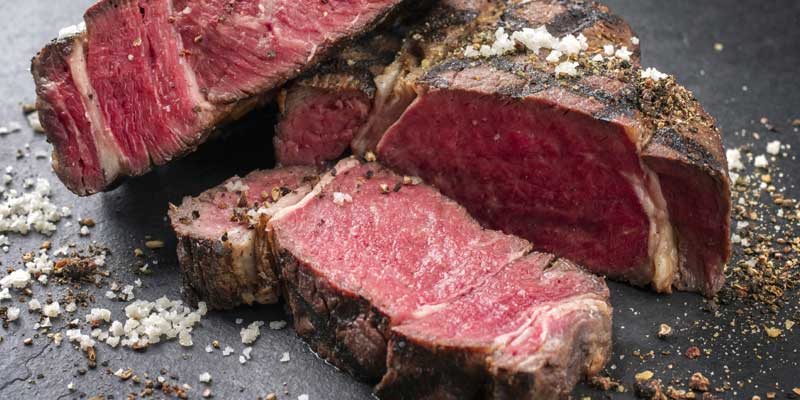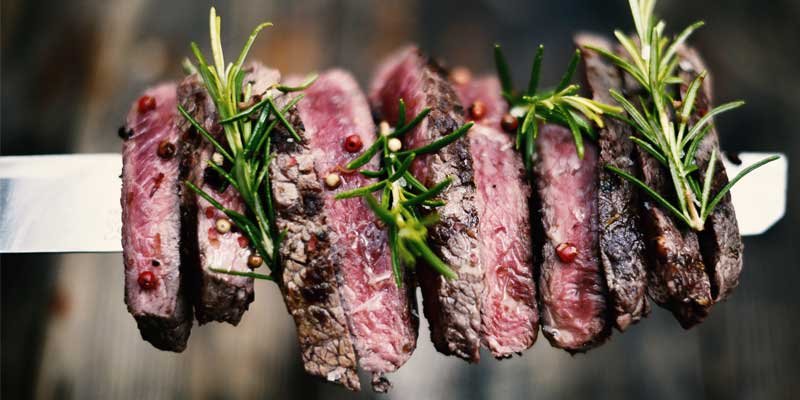Better Websites to own 2025
Jun 11, 2025

Dry aging beef has been a long-going tradition of preserving since the 1950s. Not only does it help preserve beef for long-term use. But it also makes the meat tastier and more tender. Still, dry-aged beef can’t last for more than a few months. So you may be wondering: can you freeze dry aged beef for longer shelf storage?
We don’t blame you if you’re a dry-aged beef fan. The flavor and tenderness are just unbeatable. So if you’re wondering if you can make it last longer at room temperature, especially if you don’t have enough freezer room, you’re in luck. You most certainly can freeze-dry aged beef and make it last longer. Still, there are certain things you need to consider.
Most avid freeze dryers know that you can’t freeze dry fat. That’s why it’s nearly close to impossible to freeze-dry peanut butter. So, if you’re planning on freeze-drying dry-aged beef, go for leaner cuts. Or you can trim off excess fat. This way, your freeze dryer won’t have a hard time dong its job, and you get better results with highly-marbled beef.
Yes, we get you. You’re probably saying: but the flavor’s in the fat! We definitely agree. Nothing’s as satisfying as eating a highly marbled stake that melts in your mouth. Going lean will be beneficial for you for long-term meat storage.
Speaking of food storage, freeze-drying dry-aged beef is not the same as freeze-drying chicken or pork. Because of the fat content in beef, your freeze-dried meat won’t last for 25 years.
Some found, on average, that freeze-dried dry-aged beef can last up to a year. Under ideal conditions, it may last for a few years more, but it’s best to be on the safe side of a year.

The thickness will always affect the end result of freeze drying. The thinner the cut, the better results you’ll get. An even thickness of your dry-aged stake means even consistent results.
Generally, the best thickness that will give you the best results is around 3/4 inch. Anything thicker gives you a crunchy consistency no matter how long you rehydrate.
Patience is a virtue when it comes to rehydrating freeze-dried dry-aged steak. Give your meat 24 hours to rehydrate in the fridge for better. If you rush it, you’ll get a slice of crunchy meat instead of soft and chewy.
Preparing your dry-aged beef correctly is the first step to freeze-drying success.
Once the meat is frozen, it’s time to start freeze-drying. Depending on the size and cut of meat, the cycle could run for 24-32 hours.

The first way is to touch the meat. If it feels soft, moist, and cold to the touch in any way, it needs another run in the freeze dryer. Still, some found success within 24-32 hours, but that can vary depending on several factors.
Another is to put the meat in a Ziplock bag. Place a slice or two inside a Ziplock bag and seal it. If it condenses in 2 days, your meat needs another run in the freeze dryer.
The best option is in Mylar bags. These are great for keeping out air and moisture to store your meat longer. Throw in an oxygen absorber or 2 for good measure.
If you’re going to use the meat often, you can keep them in air-tight mason jars. Store them in a cool dark place. Light can cause protein breakdown and ruin your hard work.
Keep the meat stored in temperatures not higher than above 72°F (22°C). This will keep your dry-aged beef “fresh” and prevent the growth of bacteria.
Yes, definitely. But do remember that beef has fat in between the fibers, even on lean cuts. These fat marbling can still possibly store moisture. Always smell the bag after opening it before you prepare the meat for your meal. If it tastes funky, has a sour smell, or has mold on it, then throw them away.
Have you tried freeze-drying aged beef? Let us know your story in the comment section.
Also, subscribe to your Freeze Dried Guide channel on YouTube! Remember to turn on the bell so you’ll get notified when we upload new freeze-drying videos.